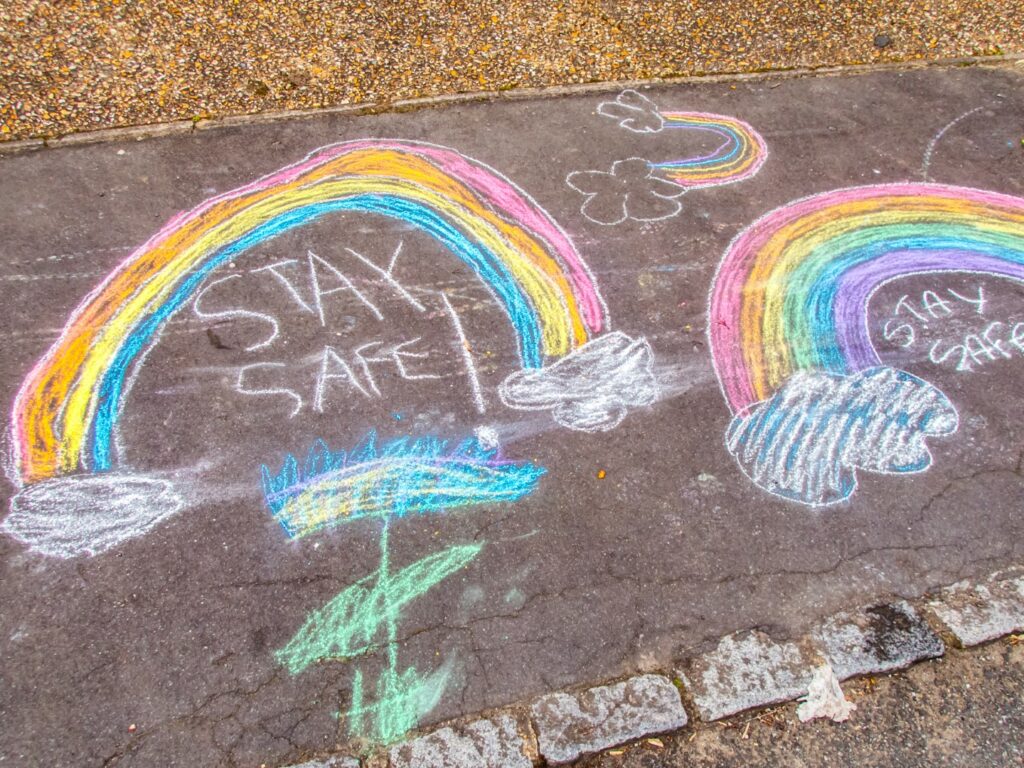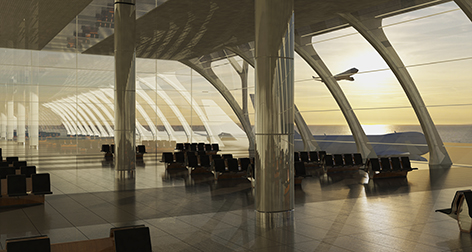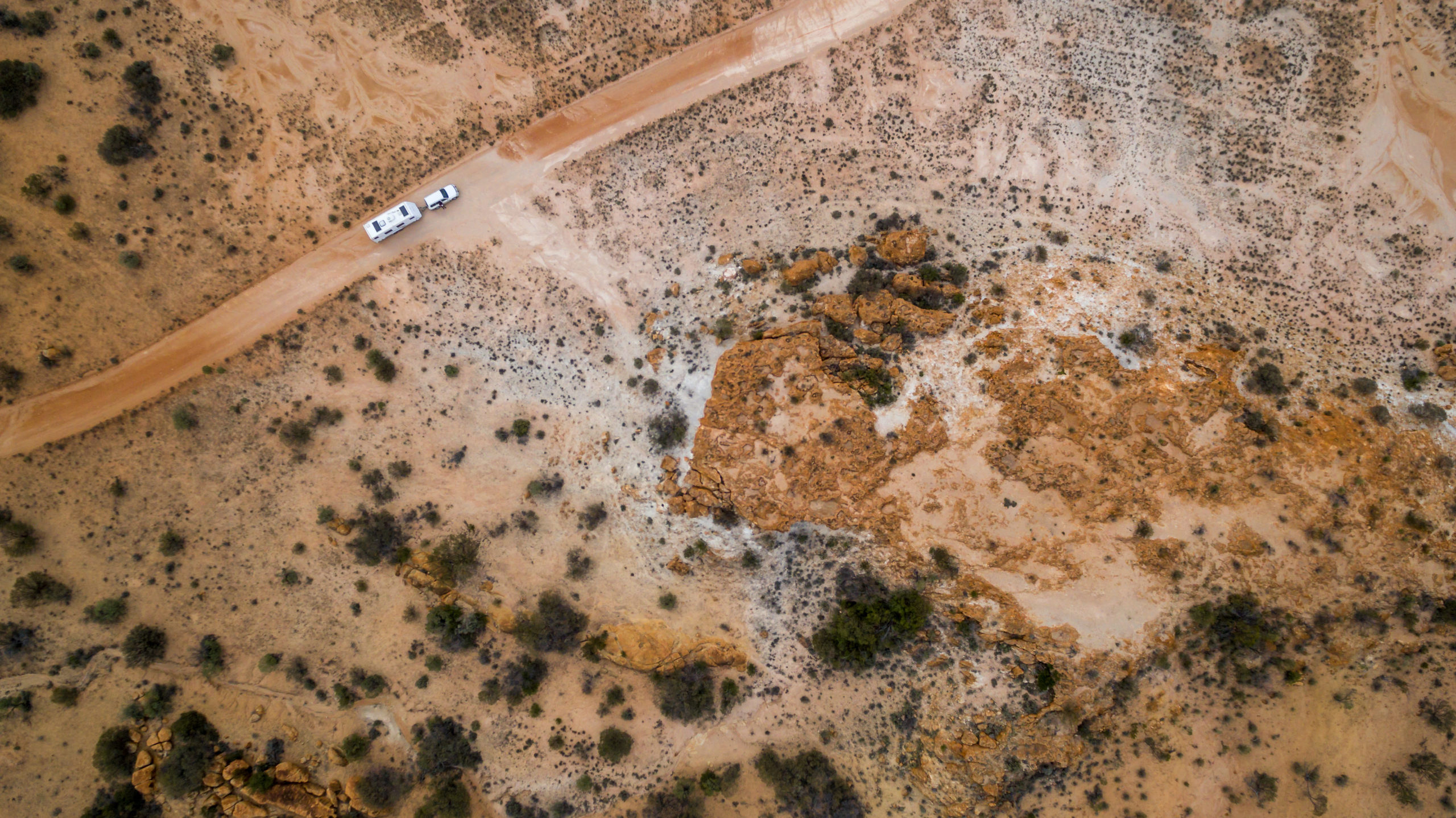The same pandemic but unequal impacts
The same pandemic but unequal impacts
The COVID-19 pandemic increased existing inequalities in the UK. The BAME community, but also children in general, were unequally affected by the pandemic.
This article is part of our series on the social impact of COVID-19.
Reflecting on the social impact of the COVID-19 pandemic on the UK, we are met with an uneven picture. Different people were affected differently. One key outcome of the COVID-19 pandemic was that it threw the UK’s socio-economic inequalities into sharp relief. Significantly, religion was often a factor in these advantages and disadvantages.[1]
Another important consequence was the remobilisation of religion in the UK’s personal and public spaces. During the pandemic, churches and Christian charities played a prominent role in addressing the UK’s socio-economic inequalities.[2] Religions also tried to adapt to restrictions on social interaction with a digital transformation of their practices.[3]
Inequalities made visible
In the UK, socio-economic inequalities often determined how one was affected by COVID-19. For example, more black, Asian, and minority ethnic (BAME) health workers died during the pandemic than any other ethnic group.[4] Already socially disadvantaged, BAME people in particular were more vulnerable to the health shocks of COVID-19.[5] A religious minority within BAME communities was also particularly affected: Muslims. Muslim frontline health workers were some of the first to die in the UK during the COVID-19 pandemic.[6] They were also found to die more often.[7]
Another group of people unequally affected by the COVID-19 pandemic in the UK were children. During the COVID-19 pandemic, food poverty hit Europe most visibly in the UK. With the government refusing to provide free school meals to children after summer breaks,[8] fears peaked over whether children would go hungry during the winter. Manchester United and England forward Marcus Rashford, who had been celebrated in the 2020 Birthday Honours for his efforts against food poverty,[9] continued national efforts to secure free meals for vulnerable children during the pandemic.[10]
Religion plays a public role
One of Rashford’s key allies in the support for free meals for children were the country’s local churches and Christian charities. The Archbishop of Canterbury announced: “Our schools and parishes are stepping in to help disadvantaged children across England. Churches across England will be providing free meals to children during the half-term holiday.”[11] This call-to-action saw local churches hang packets of crisps across their pews and gather contributions for the cause[12] or open at noon every day during half-term to give food out to families needing support.
Church leaders and Christian charities also put pressure on the government to take long-term action against food poverty affecting children. The Bishop of Durham, the Rt Revd Paul Butler, described it as a “longer-term and deeper problem”[13] for which the real solution was twofold. Firstly, the “heart-warming and encouraging” rallying of churches, businesses, charities, and individuals to support disadvantaged children. And secondly, active advocacy for significant “long-term government action,” not simply emergency action.[14]
Arguably, the efforts to reform government policy on food poverty highlighted how COVID-19 spurred UK religions on to new frontiers of action. While churches and Christian charities – such as the Baptist Union of Great Britain, the Methodist Church, the United Reformed Church, and Church Action on Poverty – had previously led independent efforts to address the growing food poverty crisis,[15] the more organised and unified involvement of churches and Christian charities in the Rashford case only confirmed this emerging role of religion in British public life.
Jonathan Benthal, author of Returning to Religion: Why a Secular Age is Haunted, has argued that religion is reclaiming public roles as western liberal societies involve religion more and more in humanitarianism, environmentalism, and animal rights.[16] The COVID-19 pandemic particularly escalated this in the UK.
A more digital religion
The onset of the COVID-19 pandemic also saw ‘God’ gaining new ground on the digital frontier. During the early stages of the pandemic, for example, Google searches for ‘God’ not only increased globally, but were also the highest they had ever been.[17] Professor Jeanet Sinding Bentzen of the University of Copenhagen explained why this was happening: “In times of crisis, humans tend to turn to religion for comfort and explanation. The theory is called religious coping and the 2020 COVID-19 pandemic is no exception.”[18] She found that the rise was highest for Christians, followed by Muslims.[19]
This was particularly true of the UK. Free from restrictions of work, place, and time, people from religious communities changed how, when, and where they reached out to God. For one, there was a significant boom in online prayer. Only a month into the lockdown in the UK, the Church of England saw 10,000 people install its ‘Time to Pray’ app. Reverend Kate Harford, a university chaplain and priest within the Metropolitan Community Churches, reflected on such developments: “People’s relationship with their concept of God is changing.”[20]
In addition to the rise in ‘app faith’[21] across the country, the UK also saw the rise of virtual religious communities. Muslims in the UK ran virtual iftars while rabbis and vicars routinely officiated at live-streamed services such as sermons and even funerals.[22] This move to new digital communal experiences led to an increase in attendance at worship services during the pandemic in the UK. For instance, the Anglican Palm Sunday mass at Plymouth Cathedral, which usually drew 650 worshippers, attracted 2,200 people to their online service. Similarly, mosques in Luton reported that they have been able to reach more young people than ever before due to the increasing use of online platforms.[23]
Unequal impacts
The COVID-19 pandemic in the UK negatively impacted BAME communities and children. This picture is of course illustrative of wider social inequalities. For example, while the first year of economic turmoil caused by the COVID-19 pandemic pushed almost 700,000 people in the country below the poverty line, including 120,000 children,[24] the crisis also created a record number of billionaires.[25] 24 people became billionaires in the UK during the pandemic, taking the total to 171.[26]
While religious communities suffered from these shocks, they also played a role in alleviating them. Whether through charity or prayer, religious actors and institutions saw the pandemic as a moral calling and acted. This was arguably because they understood the pandemic not only as a surge in material challenges, but also a case of profound moral injury,[27] where man-made actions – economic, political, and social – violated religious principles of right and wrong. These injuries were not only uneven and sharp, but as the recent ‘Partygate’ scandal reminds us,[28] are likely to continue well past the pandemic itself.
Sources
[1] COVID‐19 and Inequalities*
[2] Breaking the breadline: The Church’s response to food poverty in the UK
[3] Does the digitalisation of religion make us individualists or collectivists?
[4] Calls mount for public inquiry into UK BAME Covid-19 death rate
[5] Calls mount for public inquiry into UK BAME Covid-19 death rate
[6] British Muslim doctors and nurses first of their profession to die of Coronavirus
[7] British Muslim doctors and nurses first of their profession to die of Coronavirus
[8] Marcus Rashford vows to keep up free meals fight after No 10 refusal
[9] Marcus Rashford given MBE in birthday honours for school meals campaign
[10] Breaking the breadline: The Church’s response to food poverty in the UK
[11] Prioritise children to end hunger and poverty, Bishop of Durham urges after school-meals outcry
[12] Churches bag crisps to join local eateries backing Marcus Rashford’s campaign
[13] Places in Cornwall giving free meals in Marcus Rashford campaign
[14] Prioritise children to end hunger and poverty, Bishop of Durham urges after school-meals outcry
[15] Churches challenge food poverty with latest resource on foodbanks
[16] Jonathan Benthal: Returning to Religion: Why a Secular Age iIs Haunted by Faith, 15 May 2018
[18] Pandemic prompts surge in interest in prayer, Google data show
[19] Pandemic prompts surge in interest in prayer, Google data show
[20] Pandemic prompts surge in interest in prayer, Google data show
[21] App faith: how religions are embracing technology | Religion
[22] App faith: how religions are embracing technology | Religion
[23] UK Muslims prepare to take Ramadan online | World news
[24] Poverty in the UK Impacted By COVID-19 – BORGEN
[25] Number of billionaires in UK reached new record during Covid crisis | Rich lists | The Guardian
[26] Number of billionaires in UK reached new record during Covid crisis | Rich lists | The Guardian
[27] Moral injury and the COVID-19 pandemic: reframing what it is, who it affects and how care leaders can manage it
[28] Almost a third of Covid prosecutions wrongful as Partygate ‘questions legitimacy of system’






